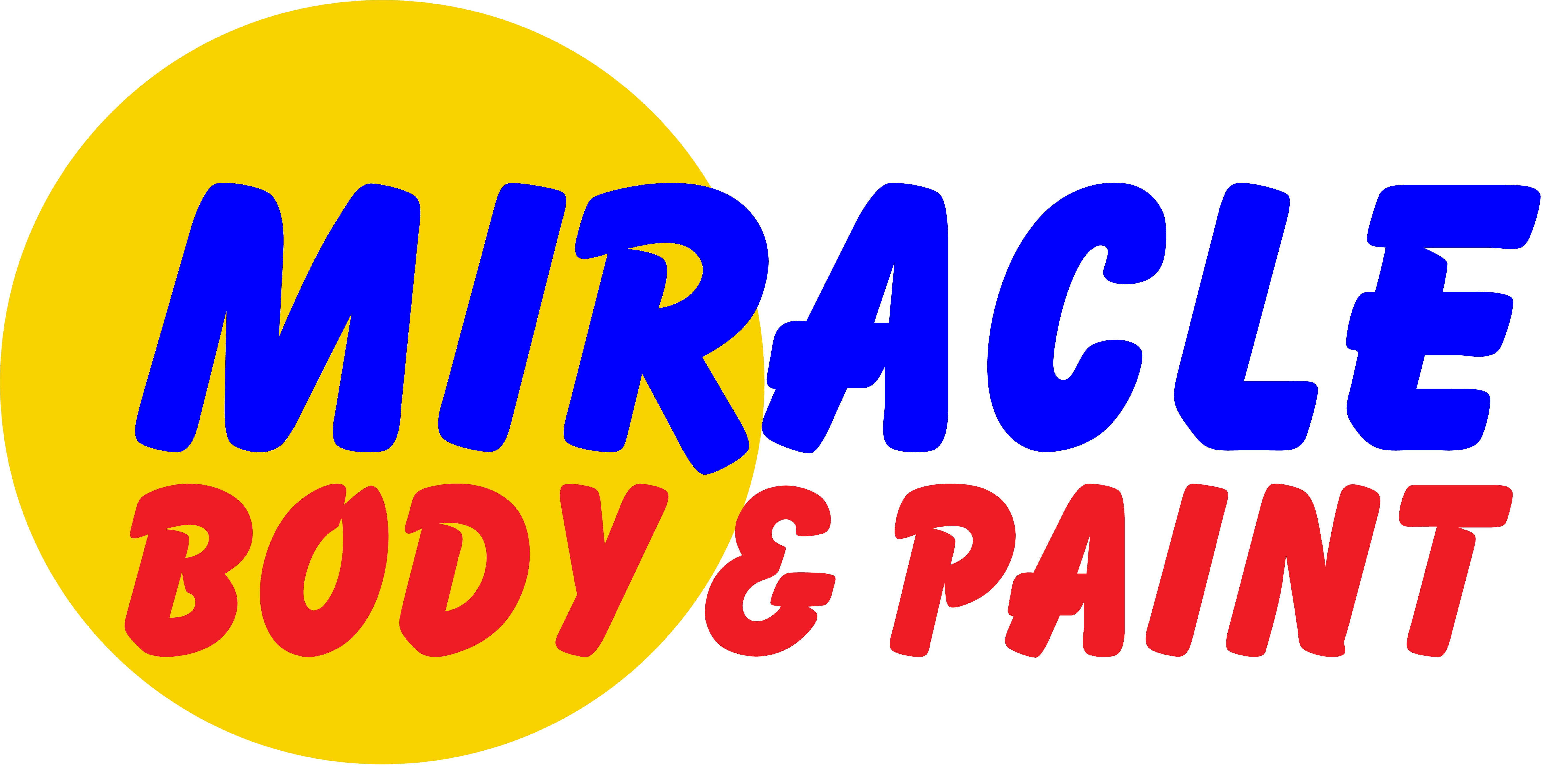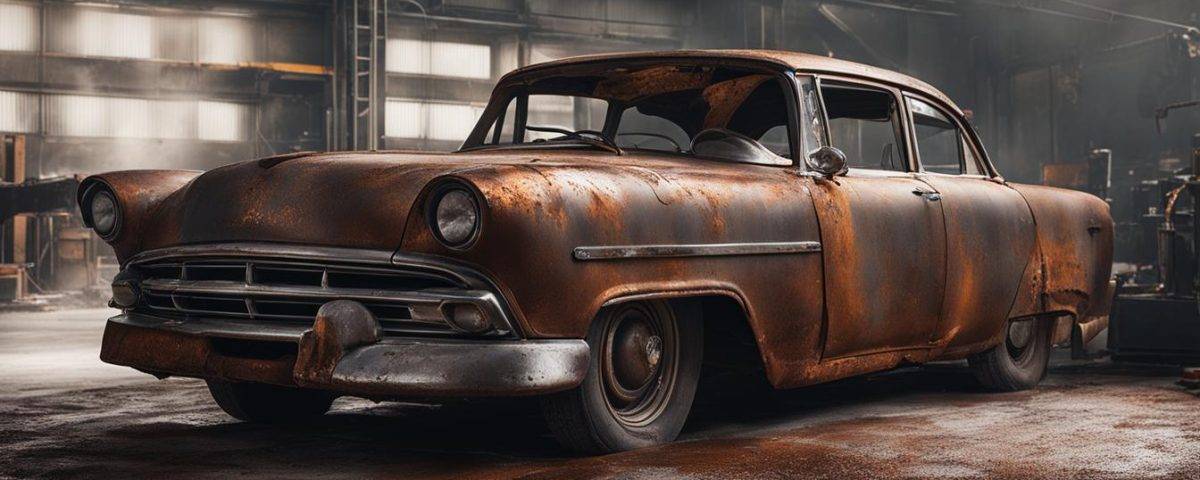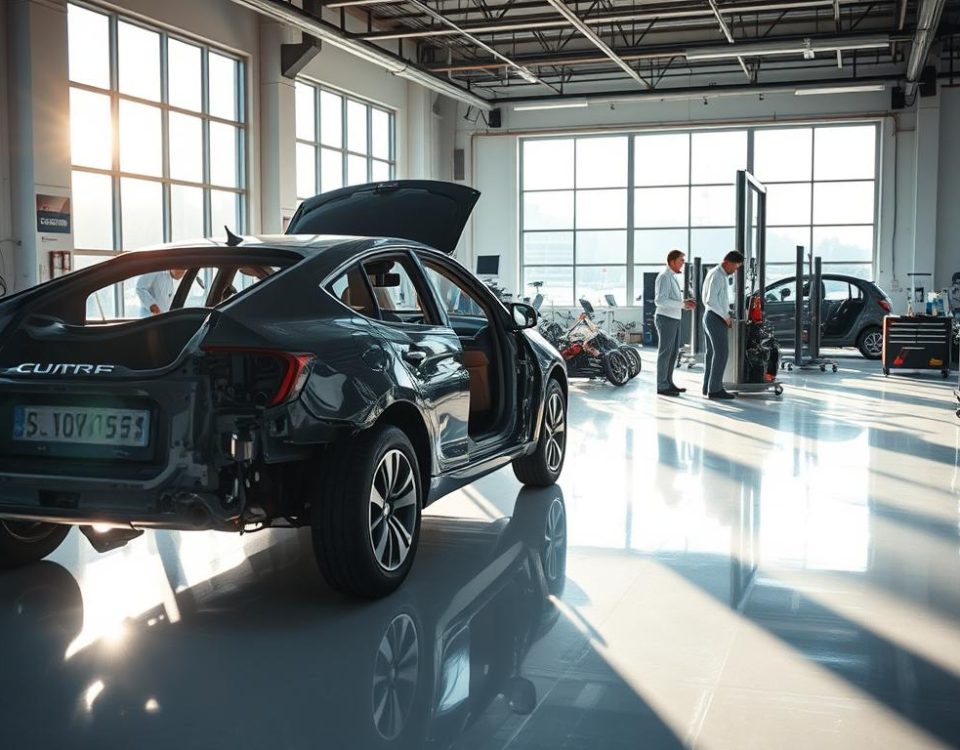- Auto Body Repair - Collision Center
- Leon Valley (210) 680-1987
- Walzem at IH 35 (210) 858-3630
- info@miraclebp.com

Bump in the Road? We’ve Got You Covered with Bumper Repair

Safety First: Collision Safety Tips Every Driver Should Know
Rust is a common problem that affects the longevity and aesthetics of vehicles. Understanding the causes of rust and how to prevent it can help car owners maintain the value of their assets. Whether it’s surface rust, scale rust, or penetrating rust, there are steps that can be taken to repair and prevent further corrosion.
Iron-based metals, such as steel, are prone to oxidation and rust formation, especially when exposed to moisture and salt. Road salts and contaminants act as electrolytes, accelerating the rusting process. Luckily, there are techniques like rust inhibitors, rust converters, and protective coatings that can be used to repair and prevent rust on cars. Regular maintenance checks, thorough cleaning, and using anti-corrosive metals like aluminum or galvanized steel can also help protect against rust. By implementing these strategies, car owners can extend the lifespan of their vehicles and preserve their appearance.
Key Takeaways:
- Rust is a common problem that affects the longevity and aesthetics of vehicles.
- Understanding the causes of rust and implementing preventive measures can help maintain the value of vehicles.
- Rust inhibitors, rust converters, and protective coatings can be used to repair and prevent rust on cars.
- Regular maintenance checks and using anti-corrosive metals can help protect against rust.
- Implementing these strategies can extend the lifespan of vehicles and preserve their appearance.
Understanding the Causes of Rust
Rust formation is a common problem that affects iron-based metals such as steel. It occurs as a result of the electrochemical breakdown of these metals. When iron surface molecules come into contact with oxygen, a process called oxidation takes place, resulting in the formation of iron oxide, more commonly known as rust. Cars made of steel alloys, which contain carbon for added strength, are especially prone to rusting due to impurities introduced by the carbon. The rate at which rust forms depends on various factors, including the components of the alloy, its thickness, environmental conditions, and heat treating processes.
Road salts and saltwater act as electrolytes, accelerating the exchange of molecular components and speeding up the rusting process. To combat this, automakers use corrosion-resistant metals like aluminum and magnesium in the production of vehicles, as well as applying durable coatings. However, these protective measures can wear off over time, necessitating regular inspections and maintenance checks to identify and address rust formation. Understanding the causes of rust is crucial in developing effective prevention strategies to preserve the integrity and appearance of vehicles.

Repairing and Preventing Rust
Rust can manifest in different stages, and knowing how to address each stage is crucial to effective repair and prevention. Surface rust, the initial stage of rusting, appears as a slight discoloration or tinge on the metal surface. To tackle this issue, start by removing the visible rust using an abrasive wheel or sandpaper. Once the rust is removed, it is important to apply a rust inhibitor or converter to impede further rust formation. These products work by creating a protective barrier on the metal surface, preventing moisture and oxygen from coming into contact with the metal and causing further corrosion.
Scale rust occurs when rust penetrates deeper into the metal, causing bubbling, flaking, and roughness on the surface. To repair scale rust, the rusted area needs to be thoroughly cleaned down to bare metal. It is important to remove all traces of rust to prevent it from spreading. After cleaning, the surface can be treated with a rust converter or sealed with a rust inhibitor. These products will stop the rusting process and provide long-term protection. Regular inspections and maintenance checks are crucial to identify and address scale rust as early as possible.
In severe cases of penetrating rust, where the metal is deteriorating and forming holes, professional repair may be required. This type of rust damage is more extensive and challenging to fix on your own. A skilled technician at an auto body shop or collision center can assess the damage and determine the best course of action. They may need to cut out the rusted area and replace it with new metal or use advanced repair techniques to restore the structural integrity of the vehicle. It is always recommended to consult a professional when dealing with severe rust damage.
Preventive Measures
Preventing rust involves a combination of proactive measures and regular maintenance. Using anti-corrosive metals, such as aluminum or galvanized steel, can significantly reduce the risk of rust formation. These metals are less prone to oxidation and have natural protective properties against corrosion. Applying protective coatings, such as powder coating or plating, adds an extra layer of defense against rust. These coatings create a barrier between the metal and the environment, preventing moisture and oxygen from reaching the surface and causing rust. Regular maintenance checks, including thorough cleaning and inspections, are essential to catch rust in its early stages and address it promptly. By implementing these preventive measures, car owners can protect their vehicles from rust and extend their lifespan.

Conclusion
Rust prevention strategies are crucial for ensuring the longevity and value preservation of vehicles. By implementing these strategies, car owners can protect their assets from the damaging effects of corrosion and extend the lifespan of their vehicles.
Regular maintenance is essential in preventing rust formation. By conducting thorough cleaning and routine inspections, car owners can catch rust in its early stages and address it promptly, preventing further damage.
In addition to regular maintenance, using anti-corrosive metals and applying protective coatings can further enhance rust prevention. Anti-corrosive metals like aluminum and galvanized steel are less prone to rust formation, while protective coatings like powder coating or plating create a barrier against moisture and salt exposure.
By following these rust prevention strategies and staying proactive, car owners can save both time and money in the long run. With proper care and maintenance, vehicles can battle the elements and remain rust-free, preserving their value for years to come.
FAQ
What causes rust on vehicles?
Rust is caused by the electrochemical breakdown of iron-based metals, such as steel, when they react with oxygen. Environmental factors like moisture and salt accelerate the rusting process.
How can I prevent rust on my car?
You can prevent rust on your car by regularly cleaning and detailing it, using anti-corrosive metals like aluminum or galvanized steel, and applying protective coatings like rust inhibitors or rust converters.
How do I repair surface rust on my car?
Surface rust can be repaired by removing the visible rust using an abrasive wheel or sandpaper and applying a rust inhibitor or converter to prevent further rust formation.
What should I do if I have scale rust on my car?
For scale rust, the affected area should be thoroughly cleaned down to bare metal and treated with a rust converter or sealed with a rust inhibitor to repair the damage.
What should I do if my car has penetrating rust?
If your car has penetrating rust with holes in the metal, it is recommended to seek professional repair services to address the severe damage.
How often should I check for rust on my car?
It is recommended to perform regular maintenance checks and inspections to catch rust in its early stages. The frequency of these checks may depend on your location and environmental conditions.
What are some preventive measures I can take to protect my car from rust?
Some preventive measures include using anti-corrosive metals, applying protective coatings like powder coating or plating, using storage cases, and performing regular maintenance checks.


